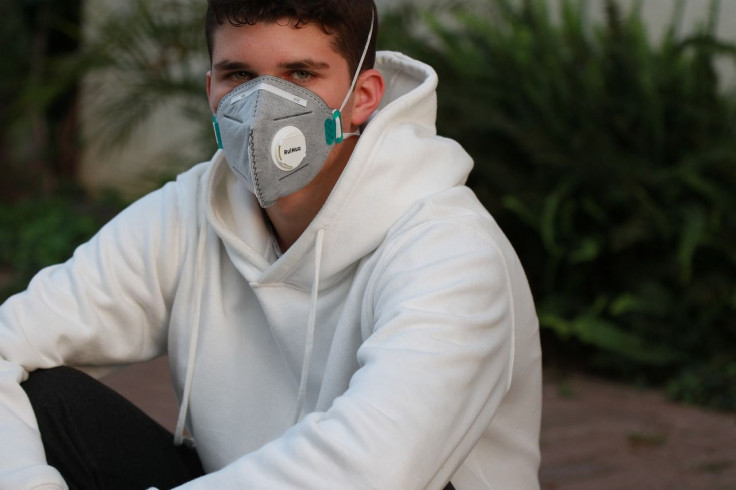Recent Study Showed Coronavirus Can Spread Faster Than What Health Officials Initially Thought
KEY POINTS
- Health officials initially thought a COVID-19 infected person can infect 2 to 2.5 others
- A recent study showed that the novel coronavirus can infect 5.7 others
- It is twice the number of persons than the initial belief of health experts
Health officials initially believed that a person infected with the SARS-CoV-2 virus could spread it to 2 or 2.5 other people. A recent study, however, showed that the number of persons that a COVID-19 patient can infect is much more.
The Los Alamos National Laboratory has found that those infected at the time of the initial outbreak in Wuhan had a high probability of having passed it to approximately 5.7 persons more. This number is twice the number of persons initially estimated by the World Health Organization and other health officials.
According to the findings, if this number, the 5.7 estimate, is accurate, then the only plausible way to stop the pandemic would be through a built immunity comprising 82 percent of the population or through widespread vaccination. This was in accordance to researchers who analyzed data from the Centers Disease Control and Prevention (CDC), including the use of mobile phone data, which tracked patients' movements from Wuhan.

In the study published in the Journal of Emerging Infectious Diseases, researchers stated that as to how contagious the novel coronavirus is in other countries would still need to be determined.
"Given the rapid rate of spread as seen in current outbreaks in Europe, we need to be aware of the difficulty of controlling SARS-CoV-2 once it establishes sustained human-to-human transmission in a new population," stated the researchers.
The researchers reiterate that control measures are still needed to help slow down the spread of the deadly virus. These measures include quarantine, social distancing, as well as early and active surveillance.
In addition to social distancing measures, health experts have recommended washing the hands for at least 20 seconds with soap and water. In cases that soap and water are not available, using alcohol or hand sanitizers has also been recommended.
Scientists mentioned three countries that were deemed to have successfully dealt with the coronavirus outbreak. These countries were Hong Kong, Singapore, and South Korea.
In relation to this, they mentioned that if the measures are not implemented early, coronavirus may spread rapidly and subsequently affect a huge percentage of the population. This could result in healthcare systems being overwhelmed around the world.
© Copyright IBTimes 2024. All rights reserved.





















